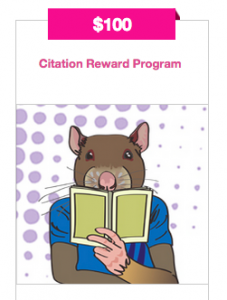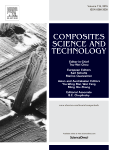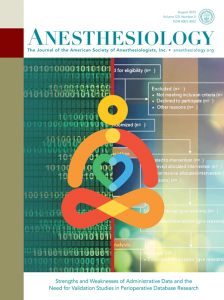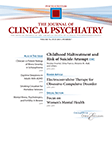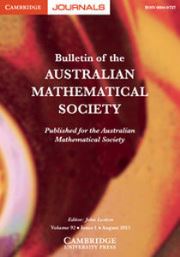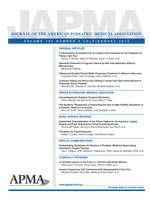 Not so fast — a paper that showed wearing Vibram FiveFingers (resembling foot gloves) “may help reduce running-related injuries” has been removed after the editors realized the first author is on Vibram’s advisory board.
Not so fast — a paper that showed wearing Vibram FiveFingers (resembling foot gloves) “may help reduce running-related injuries” has been removed after the editors realized the first author is on Vibram’s advisory board.
Managing editor Noelle A. Boughanmi told us there’s no retraction here — the journal is just fixing the paper to address the relationship of podiatrist Nick Campitelli with the company featured in the article.
There is still a copy of the paper on PubMed, which suggests these “minimalist shoes” strengthen key muscles.
The paper was published online by the Journal of the American Podiatric Medical Association. It was removed after editors realized that “the author did not fully disclose some involvement with the company,” Boughanmi said:
Continue reading Running shoe paper pulled for failing to disclose author’s industry ties

